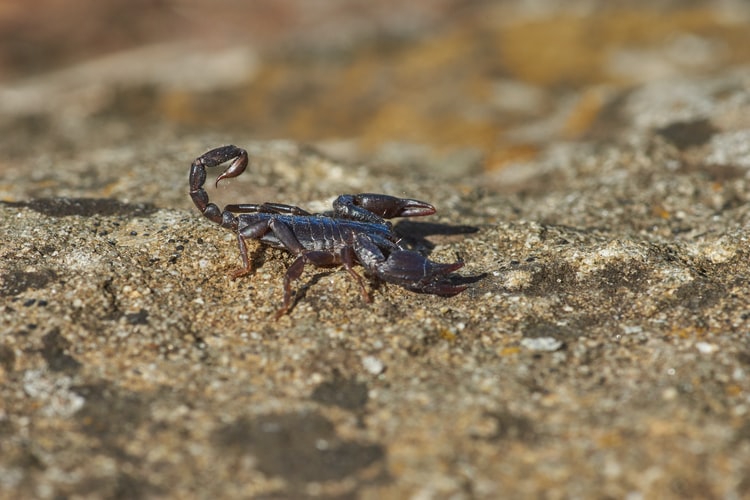
“If you lay with a scorpion, don’t be surprised when it finally stings you.” – DaShanne Stokes
Scorpions are the most fascinating creatures on this planet. They are members of the family Arichnida and are closely related to spiders, mites, and ticks. They are extremely hardy and have been around for hundreds of million years. Christopher Putnam of the website, askabiologist.asu.edu describes them as “ancient creatures.” They have hardly changed in over 350 million years.
They are most commonly thought of as desert dwellers, but they can live in any environment, including forests, mountains like the Himalayas, and savannah regions. In summary, their indestructible nature allows them to adapt and survive in any conditions.
They are considered pests when they move into urban settlement areas and agricultural lands, and consequently, have to be removed by the scorpion removal experts. As an aside, it is not a good idea to try and remove a nest of scorpions yourself. Even though they are not venomous enough to kill an adult, their sting can be extremely painful and cause harmful side effects.
Therefore, let’s consider a few of the reasons why you should not allow a nest of scorpions to cohabit with you, your family, and your domestic animals.
They can be deadly to humans and animals
There are about 1,500 scorpion species worldwide with only between thirty and forty that have strong enough venom to kill an adult. There are circa 75 species of scorpion found in North America. And one of these, the Arizona Bark scorpion, has poison strong enough to seriously injure and possibly even kill a child, senior citizen, or an adult with an autoimmune disorder.
While a sting from a scorpion will not necessarily kill a domestic pet, it can have a negative effect on the pet which in turn can result in the death of the animal.
Scorpions attract and are attracted inside by other pests
While the most important reason for not allowing scorpions to cohabit with people in urban settlement areas is the fact that they are potentially dangerous and being stung by a scorpion can result in fatalities, the next reason why they attract other potentially dangerous pests like tarantulas and the Amazonian Giant Centipede.
Even though the tarantula venom is harmless to humans, they can inflict a painful bite. Therefore, it is best not to encourage them inside. Juxtapositionally, the Amazonian Giant Centipede is extremely aggressive and has deadly venom. Fortunately, it’s not found in North America, only South America and the Caribbean.
Final thoughts
In summary, it is essential to remove scorpion nests from human settlement areas before they sting and harm both people and domestic animals. However, the caveat here is that it is critical not to attempt to remove the scorpions yourself. Not only do you run the risk of being stung by multiple scorpions simultaneously, but you run the risk of poisoning your local environment, which is dangerous for human habitation. Thus, it is preferable to call in the pest control experts, as highlighted at the outset of this article.
Leave a Reply
You must be logged in to post a comment.